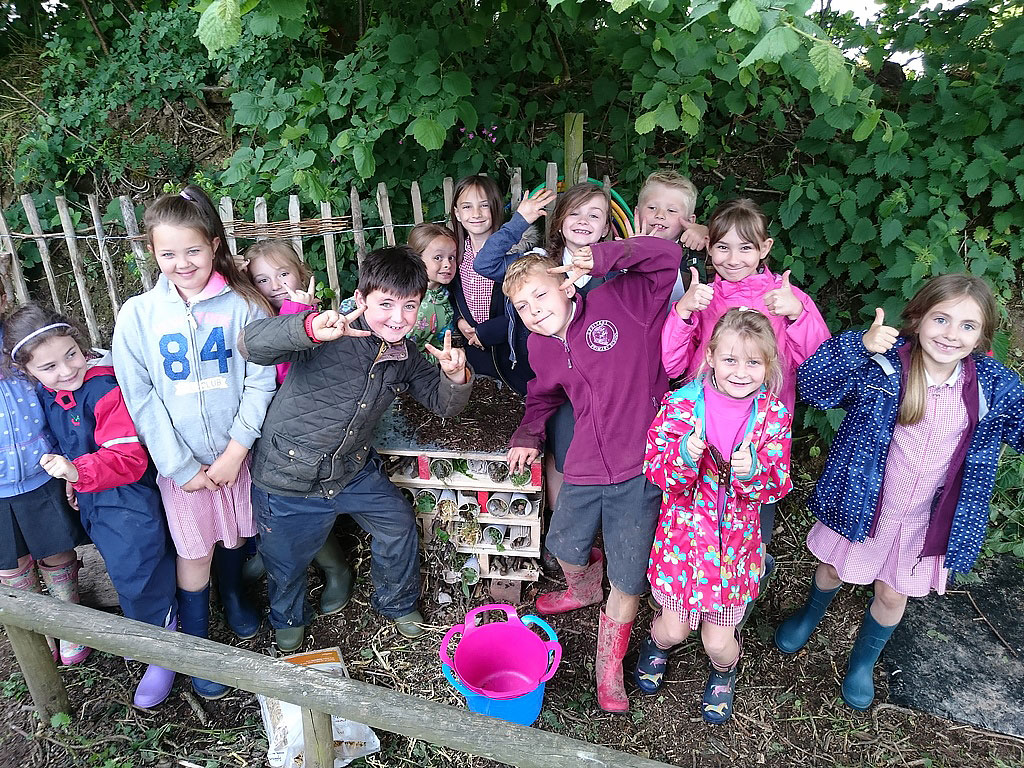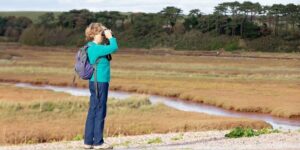This page to be updated in line with discussion with leads
Restoring and managing wildlife-rich habitats is not just about wildlife. Access to wildlife is critically important for us as well…..health, education etc etc
Connecting People to Nature in Devon is about creating fair, inspiring, and meaningful opportunities for everyone to experience the benefits of the natural world – wherever they live, and however they engage.
Rooted in the shared goals of Wild About Devon, Naturally Healthy, and the Network for Environmental Educators in Devon, this work brings together communities, organisations, and decision-makers to ensure that nature is part of everyday life.
It recognises that access is more than physical proximity – it’s about valued local spaces, inclusive design, and community-led action. From mapping need and opportunity, to supporting grassroots projects and improving strategic planning, we’re working to connect people to nature in ways that reflect local priorities, support wellbeing, and contribute to nature recovery.
This is a collective effort to make Devon a place where nature is for everyone – now and for the future.


